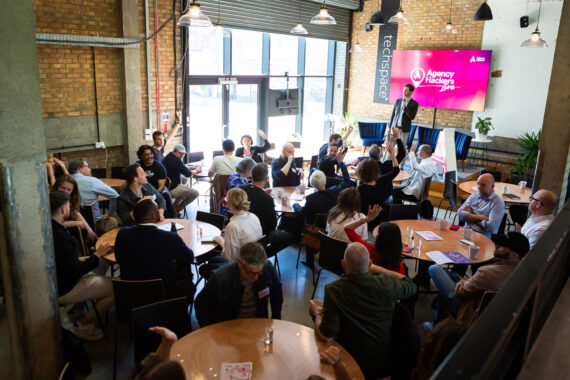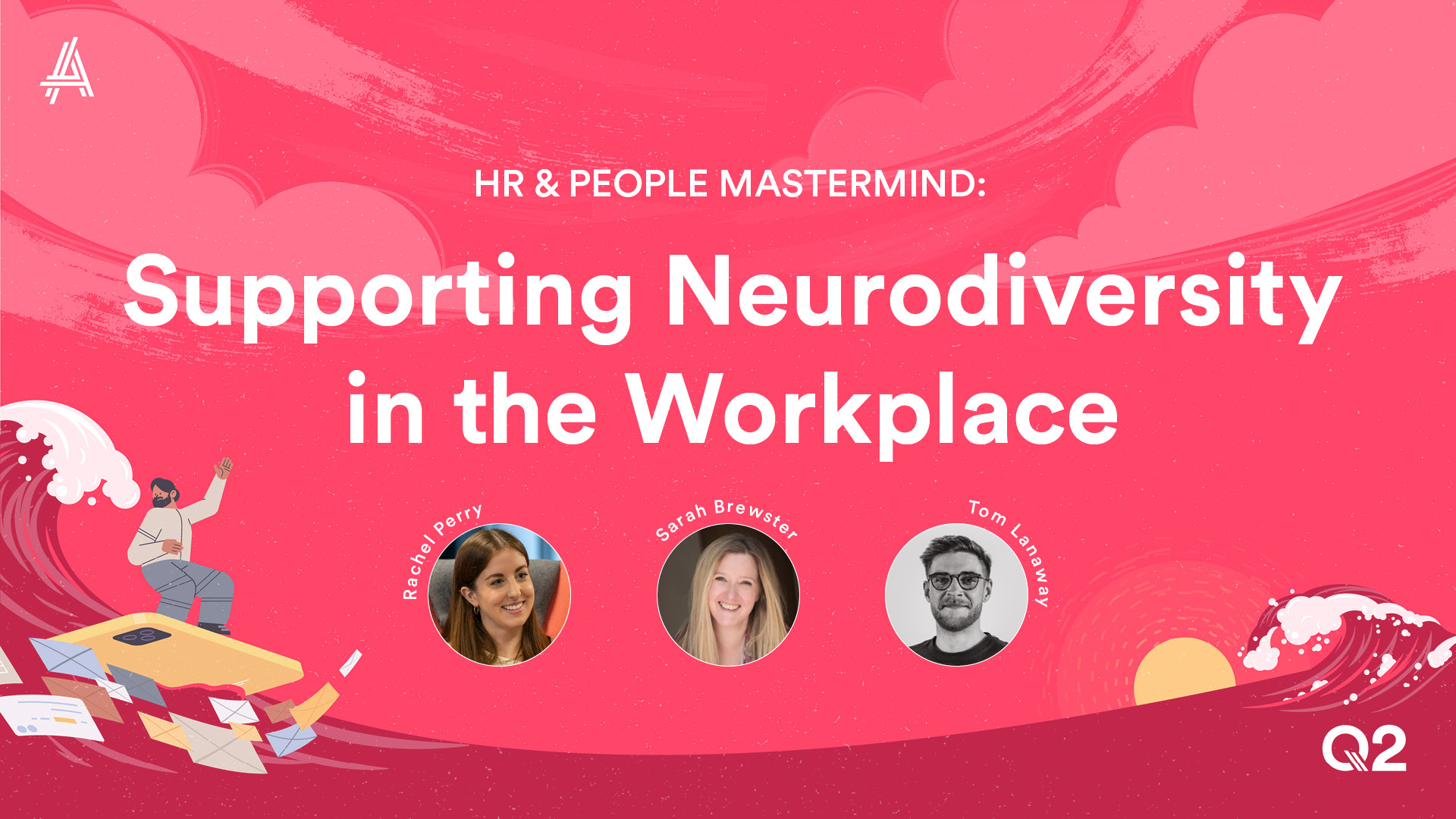• Neurodiversity has existed for a long time – but the conversation around how it impacts your working day is fairly new to the table.
• How can you be responsible for your team and their needs? And how can you support neurodivergent team members the best you can?
• We’re joined by a panel of people in the know: Sarah Brewster from Fresh Seed, and Tom Lanaway and Rachel Perry from Connective3.
“With neurodiversity, there’s a lot about the what, there’s a lot about the why, but there’s nobody telling you how.”
Neurodiversity has existed for a long time, but the conversation around how it impacts your working day is fairly new to the table.
As these diagnoses become more common, it’s crucial to know where the line is when it comes to the responsibility of managing the impacts – as well as how you can support your neurodivergent team members.
So, in this month’s HR & people mastermind, we’ll be talking about the realities of agency life from a neurodivergent perspective.
We’ll be joined by three panellists who each bring a wealth of knowledge and first-hand experience to this discussion.

First up: Sarah Brewster, managing director at Fresh Seed.
“You’re not bringing diversity into your business to be like you, you’re bringing diversity into your business to make your business speak differently,” Sarah says.
“When you start to see people thrive at work because their line manager knows how to recognise things they might not have recognised before – that’s magic.”
Next, we have Tom Lanaway, digital project manager at Connective3.
“It’s important to remember not all neurodivergent challenges are equal. Just because two people fall under the neurodiversity umbrella, doesn’t mean their challenges and strengths are going to be the same.”
Last but not least, Rachel Perry will be coming along with her insight.
Rachel recently joined Connective3 as head of people and culture, to take the lead on employee wellbeing, diversity and inclusion – of which neurodiversity is one element.
“I’ve noticed there are a lot of people – particularly women my age or older – that have struggled in work because they didn’t know what they needed,” says Rachel.
“As an industry, we can help by creating inclusive cultures where individuals feel comfortable expressing their needs – and managers are knowledgeable about how to support neurodivergent employees.”
In this session, we’ll be asking things like:
- What’s it like working in an agency as a neurodivergent person?
- Why do so many neurodivergent people naturally gravitate towards agencies?
- What can employers put in place to make it easier for neurodivergent team members?
Come along to find out the things you can do to champion neurodiversity in your business – and hear from agency folk who have already benefited from doing so.
